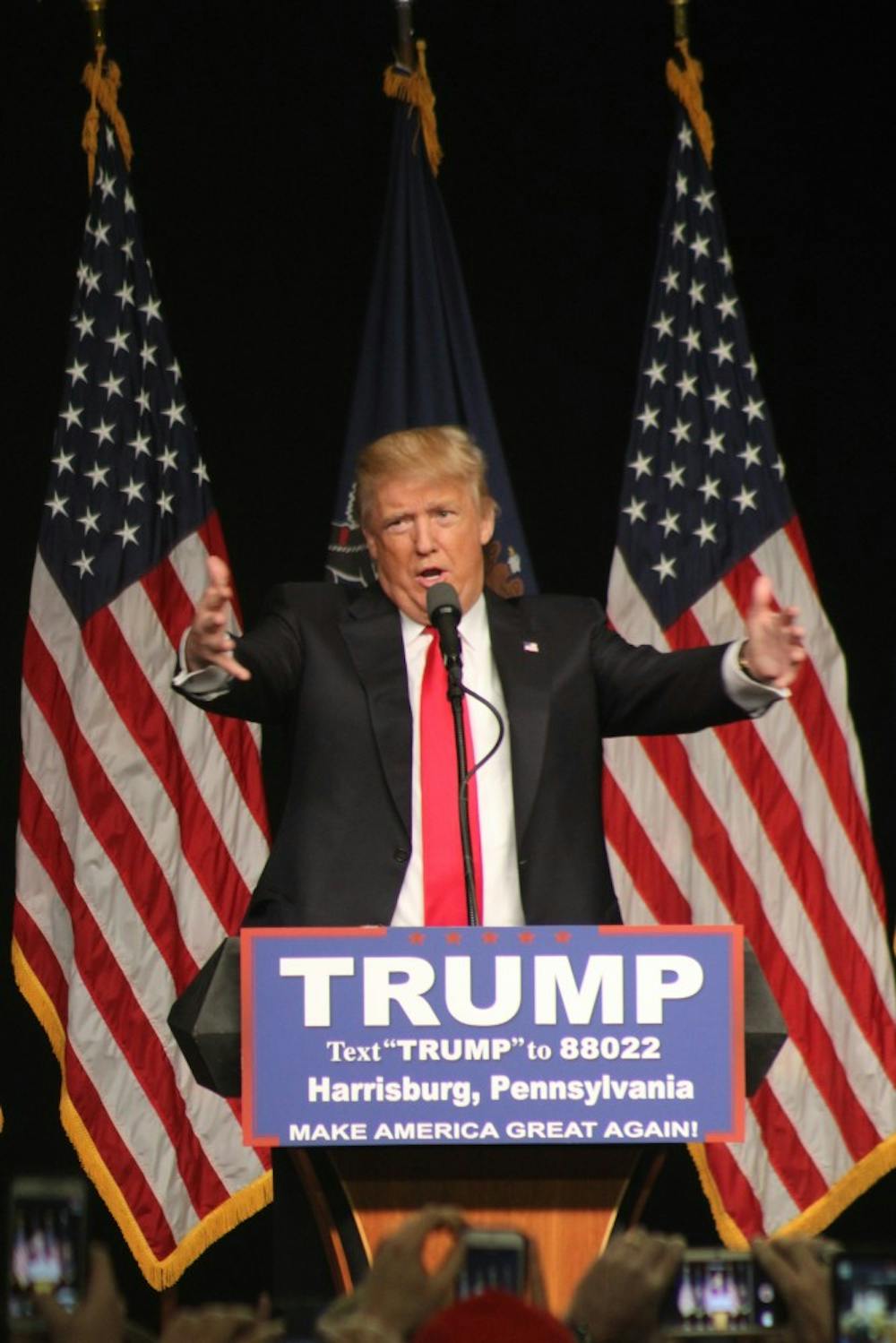On April 4, President Donald Trump responded to Syrian President Bashar al-Assad’s chemical-weapon attack on the Syrian people by authorizing an airstrike on the military base where al-Assad’s weapon-carrying planes took off, according to The Washington Post.
The president’s move was the first direct attack by the U.S. military since Syria’s civil war began six years ago. Trump acted unilaterally in this decision, drawing on the gray area in the War Powers Act — something the Obama, Bush and Clinton administrations have all done, according to The New York Times (NYT).
The attack received bipartisan support because the use of chemical weapons violates international agreements and norms. Senate Minority Leader Chuck Schumer called the attacks “the right thing to do,” while senators John McCain and Lindsey Graham released a joint statement that said, “Unlike the previous administration, President Trump confronted a pivotal moment in Syria and took action,” according to Newsweek.
We agree Trump’s response was swift, necessary and proportional. It was also nice to see him face the nation in a prepared, deliberate statement regarding the attacks. But where do we go from here?
Trump’s attack is a complete 180-degree shift in his policy toward Syria. During the election, Trump made it clear that he wanted nothing to do with American intervention in Syria, saying Hillary Clinton’s policy would cause World War III. He also said that he disagreed with then Indiana Gov. Mike Pence when he backed strikes against al-Assad in the vice presidential debate, according to the NYT.
President Barack Obama was hesitant to attack Syria for the same reasons Trump cited during a presidential debate in October, according to Vox.
“We don’t know who the rebels are. If they ever overthrow Assad you may very well end up with worse than Assad.”
To be fair, during the campaign, Trump said the U.S. foreign policy must be more unpredictable. But an anonymous foreign ambassador told The Washington Post this unpredictability is troublesome.
“I don’t know what will happen. You had a president who took three months to make a decision, and now you have one who takes three seconds.”
Many U.S. allies supported the move, but others in the international community who did not — mainly Russia and Iran — pose a significant interest to the U.S. How do these strikes serve to deescalate international tension, and how do they affect Trump’s desire to mend relations with Russia? What is the policy toward Russia?
Moreover, does this strike indicate anything about how the new administration will handle other situations like North Korea? Just last week North Korea fired another ballistic missile into the Sea of Japan, a U.S. ally, according to NBC news.
We also think there is a lack of consistency in Trump’s motivation for the strike. He cited the images he saw on TV of “beautiful babies” that were killed during the attack, but his controversial travel ban refuses to allow Syrian refugees into the U.S.
What we want from the president and his administration is more consistency, not a “fly-by-the-seat-of-your-pants” approach. As a world power, it is necessary to be deliberate, and calculated in the nation’s efforts internationally. But what we’re hearing from anonymous ambassadors suggests the international community does not feel this administration has done that to this point.
Though we are morally behind this attack, we hope this instance is not indicative of a haphazard approach to complicated situations in the future.
The opinions expressed in this article are solely those of the writer and are not representative of The Slate or its staff as a whole.



The Slate welcomes thoughtful discussion on all of our stories, but please keep comments civil and on-topic. Read our full guidelines here.